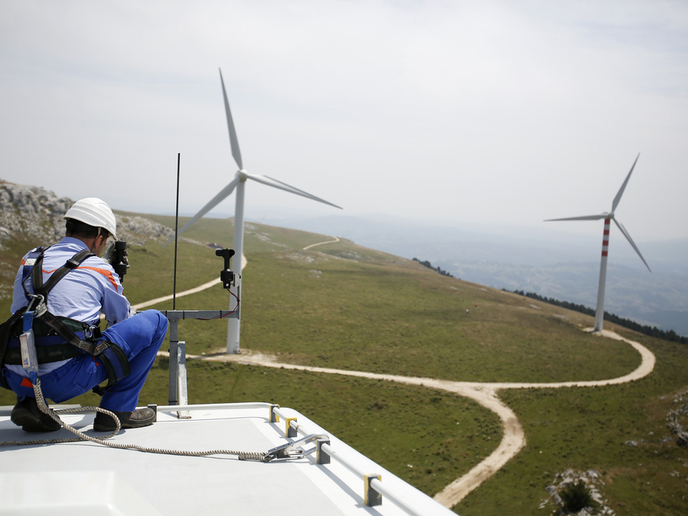Empowering ordinary citizens to play a key role in Europe’s transition to clean energy
Transitioning to a low-carbon future based on renewable energy sources (RESs) is resulting in a new role for citizens. It’s turning passive energy consumers into active energy-producing citizens, or prosumers. “Energy transition is an opportunity not only for a more sustainable and low-carbon/net-zero energy system, but also for a more democratic and inclusive one,” comments Inês Campos, coordinator of the EU-funded PROSEU project. “Prosumers are right in the middle of this concept.” Overall, the aim is to determine what incentive structures will make the mainstreaming of RES prosumerism possible. In doing so, PROSEU will safeguard citizen participation, inclusiveness and transparency in the Energy Union – a European Commission strategy that targets accessible, affordable, secure, competitive and sustainable energy for all Europeans. The project seeks to help the Energy Union achieve its goal of empowering citizens to interact with the energy market as prosumers.
Finding out what supports or limits prosumer initiatives
The PROSEU team began by documenting and analysing the current state of the art in RES prosumer initiatives across Europe. A survey of 198 collective prosumer initiatives in 9 EU countries has contributed to a report on the current state of play of prosumer collectives, such as energy communities and cooperatives. It presents the demographics, technology use, organisation, financing, motivation and perceived factors that hinder and facilitate collective prosumers. The report identifies several internal and external obstacles to the successful mainstreaming of RES prosumerism. A guidance document offers recommendations for transposing EU directives into national legislation. A policy brief provides recommendations to policymakers, legislators and administrations on the implementation of rights allowing prosumers and energy communities to participate in the rollout of the Energy Union. Project partners identified and analysed the regulatory frameworks and policy instruments relevant to RES prosumer initiatives in the 9 participating countries. Based on this, they produced an in-depth review that reveals the main challenges and opportunities such frameworks have had on collective RES prosumers. Findings show that the current legal framework at EU level represents a clear opportunity for collective prosumers. It provides a starting point to draw on policy implications for improving legal frameworks relevant to collective RES prosumers throughout Europe. The researchers also explored new business models that prosumers are implementing in Europe as a result of the participatory involvement of different stakeholders in the 9 countries. This led to a report that analyses the different business models adopted to generate renewable energy. It explains why RES communities and citizen energy communities are necessary, what kinds of value they might be trying to acquire in the energy transition, and how they can be empowered through EU countries’ energy policies and regulations. The consortium is currently working on a roadmap for mainstreaming prosumerism until 2030 and 2050. It is gathering research and analyses of the socio-cultural, regulatory, economic and technological incentive structures for prosumers and from the participatory involvement of around 160 expert stakeholders.
Uncovering the potential of prosumerism
“PROSEU is discovering who prosumers are and how they work. This knowledge will be vital considering that the energy transition can greatly benefit from the widespread participation of citizens,” concludes Campos. “Prosumers are only beginning to be recognised as key actors in this transition, so we’re helping them take the next step in becoming a mainstream player in new energy systems.”
Keywords
PROSEU, energy, prosumer, prosumerism, collective prosumer, Energy Union, renewable energy sources (RESs)







